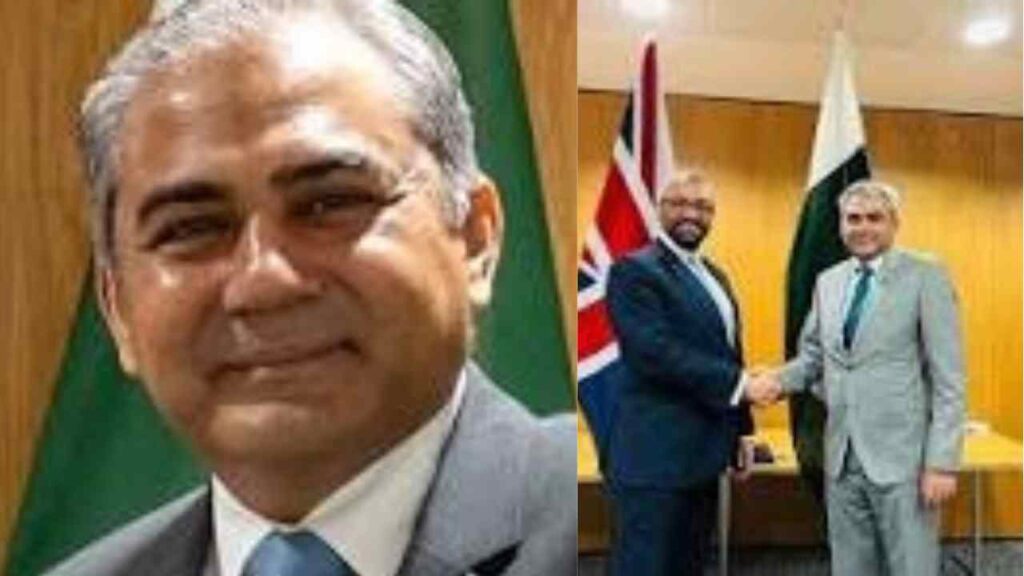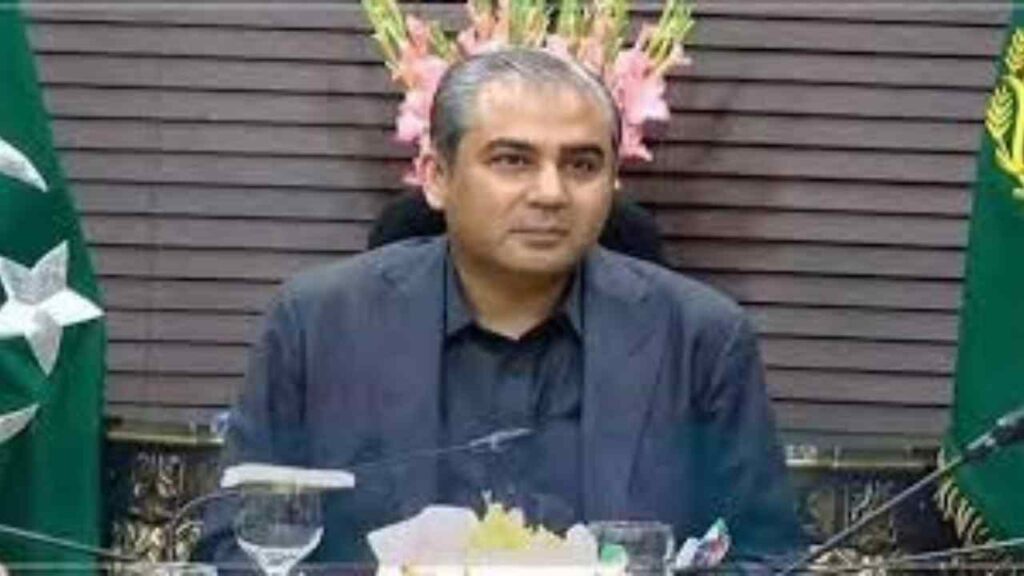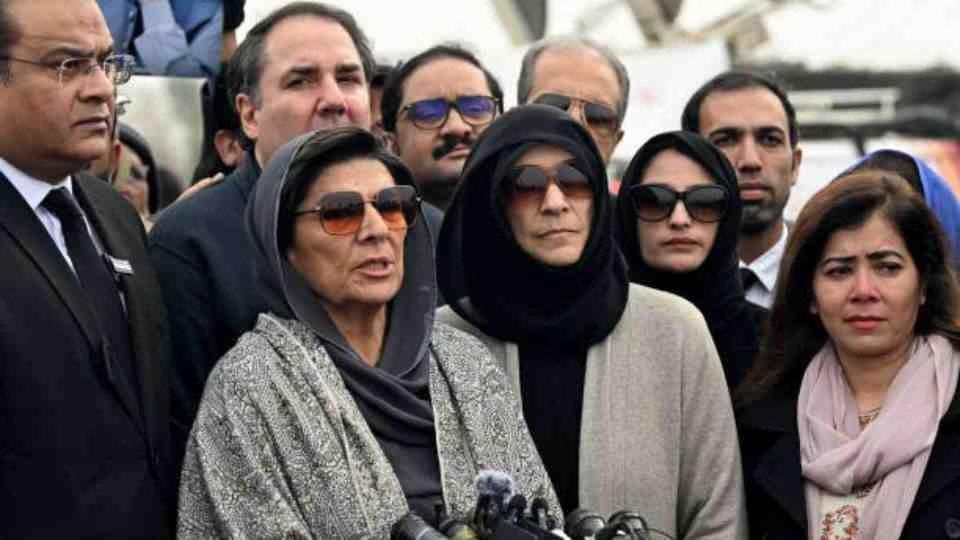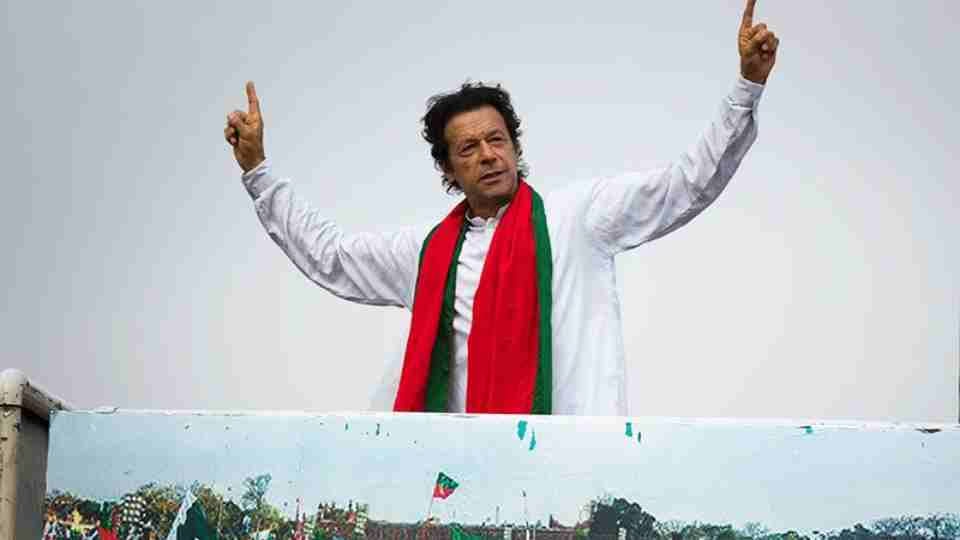Pakistan’s Interior Minister Mohsin Naqvi has credited the country’s intelligence agencies with providing crucial advance information during the recent military confrontation with India, claiming they possessed detailed knowledge of Indian operational plans and obtained video evidence of multiple aircraft being shot down.
Speaking at a seminar organized by the Professor Waris Mir Foundation at Aiwan-e-Iqbal on Sunday, Naqvi praised the intelligence community’s performance during what he described as one of the most serious escalations between the nuclear-armed neighbors in decades.
Intelligence Preparations and Aircraft Downings
According to Naqvi, Pakistan’s intelligence services had comprehensive advance knowledge of India’s military intentions. “Our intelligence agencies’ role was so important… we knew whatever they planned, what aircraft they would use,” he stated during his address.

The minister claimed that Pakistan Air Force successfully shot down six Indian aircraft during the conflict, including a French-made Rafale fighter jet. He asserted that video footage of all downed aircraft was obtained within minutes of the incidents.
“We used to have every single detail of India’s decisions and papers in advance,” Naqvi explained. “Later, when their aircraft were shot down, it was decided that until we had evidence, we would not announce how many planes had been downed. We needed field proof—and believe me, within minutes, the evidence was with us.”
A senior French intelligence official reportedly confirmed the loss of at least one Rafale aircraft, marking what would be the fighter jet’s first known combat downing.
Military Operations and Divine Intervention
The Interior Minister described several incidents during the conflict that he attributed to divine intervention. He recounted how seven Indian missiles targeted a major Pakistani military base containing valuable assets, yet none struck their intended target.
“Everyone was worried, but not a single missile landed inside the base—some fell before reaching, some outside, and some to the side,” Naqvi said, attributing this outcome to divine protection.
When Pakistan retaliated, Naqvi claimed their missiles successfully struck an Indian oil storage facility without causing civilian casualties, which he also characterized as divine assistance.
Military Leadership and Strategy
Naqvi praised Pakistan’s military leadership, particularly highlighting Field Marshal Syed Asim Munir’s role during the crisis. He recalled a meeting with a Saudi delegation where Munir used a vivid analogy to describe the conflict dynamics.
“India is like a shining Mercedes, but we are like a dumper truck loaded with stones. Now imagine what happens when the two collide,” the Field Marshal reportedly told the visiting delegation.
The minister emphasized what he described as unprecedented coordination among Pakistan’s armed forces. “For the first time in Pakistan’s history, the Army, Air Force, and Navy devised a joint strategy and fought the war under one plan,” he stated, contrasting this with what he characterized as India’s fragmented command structure.
Political Unity and International Dynamics
Naqvi highlighted the domestic political cohesion that emerged during the crisis, stating that all Pakistani political parties united in support of the military response. He claimed this unity extended to international diplomatic efforts, asserting that Pakistani leaders outperformed their Indian counterparts in global lobbying efforts.
The minister specifically named Ajit Doval and Amit Shah as the primary architects of India’s escalatory policies, warning that their actions would ultimately harm both India and Prime Minister Modi.
Broader Regional Context
The conflict, triggered by the Pahalgam attack, represented a significant escalation in tensions between the two South Asian nations. The confrontation pushed both nuclear-armed countries toward what many observers considered the brink of full-scale war before diplomatic interventions helped defuse the situation.
Naqvi also accused India of sponsoring terrorist activities within Pakistan, particularly in Balochistan, and alleged that India used the conflict to suppress Kashmiri populations. He commended Pakistani leadership for resisting international pressure against retaliation.
The seminar also featured addresses by Senate Chairman Syed Yusuf Raza Gillani and Punjab Assembly Speaker Malik Muhammad Ahmad Khan, though their specific remarks were not detailed in the coverage.






